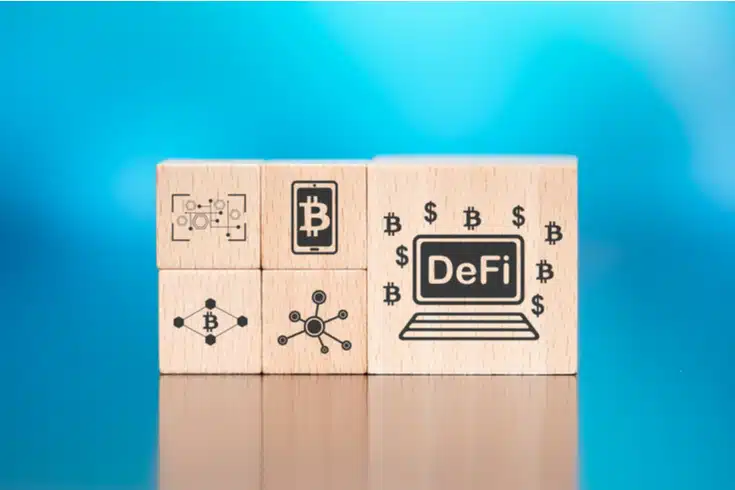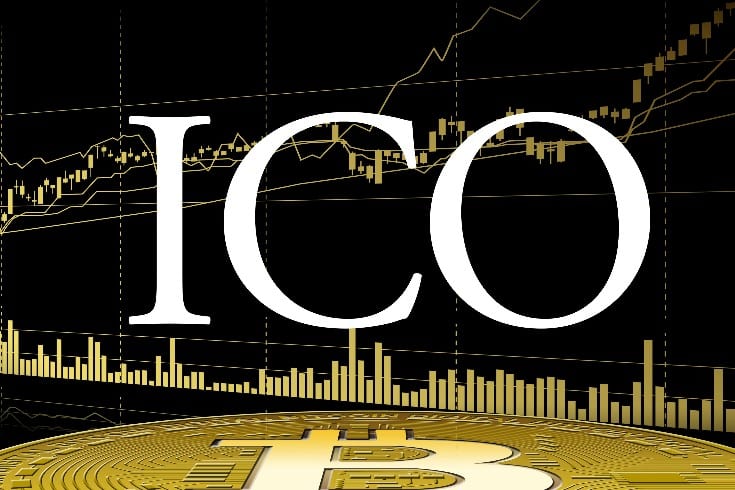What are the Three Legal Challenges of DeFi? Explaining the Regulations Regarding Token Issuance on DEX

Blockchain technology is being utilized in various fields. In the realm of crypto assets, it has enabled the realization of currencies (assets) that do not involve central banks, and a variety of Non-Fungible Tokens (NFTs) have been issued, ranging from business to art. Furthermore, in decentralized finance using blockchain technology, it is possible to achieve complete Peer to Peer (P2P) financial transactions without the need for an administrator or intermediary.
The so-called ‘Web3’ field is currently in a state where legal development has not yet caught up. Therefore, when conducting business in the Web3 field, it is necessary to carefully consider laws such as the ‘Japanese Payment Services Act’ and the ‘Japanese Financial Instruments and Exchange Act’ to build a business model.
In this article, we will explain the regulations related to Decentralized Finance (DeFi) and Decentralized Exchanges (DEX) using blockchain technology.
What is DeFi (Decentralized Finance)?
DeFi, an abbreviation for Decentralized Finance, refers to a decentralized financial system that utilizes public blockchain technology. With DeFi, financial transactions can be autonomously conducted on a peer-to-peer (P2P) basis, without reliance on central banks or financial institutions, through blockchain technologies such as smart contracts.
In contrast to the term “decentralized finance”, traditional financial institutions are often referred to as “centralized finance”. Centralized finance, abbreviated as CeFi, is a concept where the central bank is responsible for issuing and managing currency, and financial institutions manage transactions.
Reference: Japanese Financial Services Agency | Initiatives on Decentralized Finance[ja]
DeFi and DEX (Decentralized Exchanges)

There are several types of DeFi.
- DEX
- Lending
- Insurance
- Derivative projects
Among these types of DeFi, DEX is showing significant growth.
DEX, an acronym for Decentralized Exchange, refers to a distributed exchange. In DEX, transactions of cryptographic assets (virtual assets) and tokens are conducted through blockchain technology and smart contracts. A smart contract is a system that automatically performs a predetermined operation when certain conditions are met.
On the other hand, Centralized Exchanges, or CEX, are different from DEX in that they are managed by administrators. CEX has been widely operated for a long time and is currently more pervasive than DEX.
In DEX, transactions of cryptographic assets (virtual assets) and tokens can be automatically conducted through smart contracts. One of the advantages of DEX is that transactions can be conducted quickly.
Furthermore, by using smart contracts, DEX can reduce costs such as transaction fees compared to CEX, which has administrators. This is another advantage of DEX.
Related article: What are the essential smart contracts for NFT transactions? Explaining the 4 features and disadvantages[ja]
Legal Issues in DeFi (Decentralized Finance)

DeFi, being a relatively new concept, presents various legal challenges. In this article, we will discuss the legal issues related to DeFi, with a focus on DEX (Decentralized Exchanges).
The legal issues related to DeFi can be categorized as follows:
- Legal issues related to LP tokens
- Legal issues related to governance tokens
- Legal issues related to crypto assets transactions
Legal Issues Related to LP Tokens
LP tokens, short for Liquidity Provider tokens, are tokens that distribute some value to users who contribute to the mechanism of a DEX. It is necessary to consider the relationship between these LP tokens and the “collective investment scheme interests” and “electronically recorded transferable rights” defined in the Japanese Financial Instruments and Exchange Act.
As defined in Article 2, Paragraph 2, Item 5 of the Japanese Financial Instruments and Exchange Act, the following cases are evaluated as collective investment schemes:
- The right holder contributes money or other assets
- A business (the target business for investment) is operated using the contributed money or other assets
- The right holder has the right to receive dividends from the profits generated by the target business for investment or distribution of the property related to the target business for investment
While collective investment scheme interests generally refer to fund interests, LP tokens may also be evaluated as falling under collective investment schemes. If they are evaluated as such, they will be subject to regulations under the Japanese Financial Instruments and Exchange Act.
Electronically recorded transferable rights refer to those designed to distribute business profits to the holder and are “represented by property value that can be transferred using an electronic information processing organization”. If LP tokens fall under electronically recorded transferable rights, it is necessary to comply with legal regulations such as registration of financial instruments business and disclosure obligations in order to issue them.
Therefore, when issuing LP tokens, it is important to consider whether they fall under collective investment scheme interests or electronically recorded transferable rights in relation to the value to be received by the LP tokens.
For more details on collective investment scheme interests and electronically recorded transferable rights, please refer to the following article:
Related article: What is the regulation of crypto assets? Explanation of the relationship with the Funds Settlement Act and the Financial Instruments and Exchange Act[ja]
Legal Issues Related to Governance Tokens
Governance tokens, simply put, are tokens that allow their holders to participate in the operation of a DEX’s decentralized protocol. By holding governance tokens, you can influence changes in the governance system itself.
These governance tokens can often be exchanged for other crypto assets. In such cases, governance tokens may be considered “crypto assets” (Article 2, Paragraph 5 of the Japanese Funds Settlement Act), and the issuance of governance tokens may be considered “crypto asset exchange business” (Article 2, Paragraph 7 of the Japanese Funds Settlement Act).
Whether the issuance of governance tokens is evaluated as a “crypto asset exchange business” (Article 2, Paragraph 7 of the Japanese Funds Settlement Act) may depend on whether a price is incurred for the acquisition of governance tokens.
Therefore, when issuing governance tokens, it is important to consider whether they fall under the crypto asset exchange business in relation to the price for acquiring the governance tokens.
Legal Issues Related to Crypto assets Transactions

Some DEXs adopt a mechanism where crypto assets are acquired through the exchange of other crypto assets. In such cases, it may be evaluated as a “crypto asset exchange business” (Article 2, Paragraph 7 of the Japanese Funds Settlement Act).
However, as mentioned earlier, DEXs generally adopt a smart contract mechanism.
If the exchange of crypto assets is automatically carried out by a smart contract, there may not be an entity conducting a crypto asset exchange business in DEX, and therefore, DEX may not be subject to regulation under the Japanese Funds Settlement Act as there is no regulated entity.
Conclusion: Consult a Lawyer About Decentralized Finance (DeFi)
In this article, we have explained the regulations related to DeFi, which utilizes blockchain technology. The nature of the regulations for DeFi varies depending on the personalityistics of the tokens issued, so knowledge of the law, as well as understanding of blockchain and smart contracts, is necessary. Furthermore, this field is in the process of legal development, with many legal amendments being made.
We recommend consulting with a lawyer who has knowledge and experience in these areas for matters related to decentralized finance utilizing blockchain technology.
Introduction to Our Firm’s Measures
Monolith Law Office is a legal office with high expertise in both IT, particularly the internet, and law. Our firm provides comprehensive support for businesses involved in crypto assets and blockchain. Details are provided in the article below.
Areas of practice at Monolith Law Office: Crypto assets & Blockchain[ja]
Category: IT






![[2025 Edition] Legal Interpretation of Crypto Assets: When They May Be Treated as Securities and Key Considerations for Operators](https://monolith.law/en/wp-content/uploads/sites/6/2025/08/Shutterstock_2049735344.webp)














